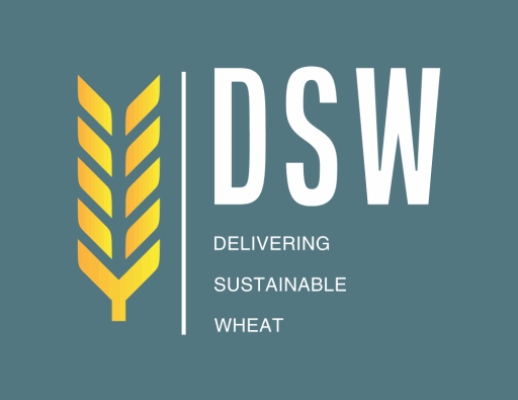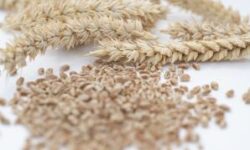
Addressing critical challenges in wheat health, yield, and production to safeguard the future of this vital crop.
Wheat provides 20% of daily total calories consumed by humans worldwide.
With a projected global population of 10 billion by 2050, the need for sustainable wheat production is urgent. Climate change, new diseases, and declining natural resources pose significant challenges for farmers which our research is addressing. The Delivering Sustainable Wheat research programme is a unique coordinated UK contribution to the global challenges facing wheat production. We hope to play an important role in achieving sustainable wheat production in the coming decades.
Our mission To enhance wheat production sustainably and improve human nutrition with healthier wheat products.
Work Package 1
Work Package 2
Work Package 3
Work Package 4
Our success lies in our shared resources.
For traits and pre-breeding, the phenotyping facilities of Rothamsted Research and University of Nottingham’s Hounsfield facility combine with genetic resources of John Innes Centre, alongside specialist trait knowledge at the universities of Lancaster and Leeds.
Nutritional biochemistry expertise at Rothamsted Research combine with in-vitro gut systems at Quadram Institute and clinical intervention at Imperial College to build an evidence base for increasing dietary fibre and minerals in white wheat flour.
Pathology hubs at Rothamsted Research, National Institute of Agricultural Botany, John Innes Centre and Earlham Institute make step change discoveries in plant immunity and pathogen weakness.
Earlham Institute data leadership and the Grassroots data repository, with pioneering genotyping methods at the University of Bristol, are the foundation of all Delivering Sustainable Wheat experimentation and analysis, as is their generation of new reference genomes for core Delivering Sustainable Wheat germplasm.
This creates a FAIR data landscape maximising returns for Delivering Sustainable Wheat and beyond.
Our partners










Our funders

Our stakeholders














![©TraitSeq-January-2025-0[89] ©TraitSeq-January-2025-0[89]](https://wheatresearch.ac.uk/wp-content/uploads/2025/11/©TraitSeq-January-2025-089-250x150.jpg)
